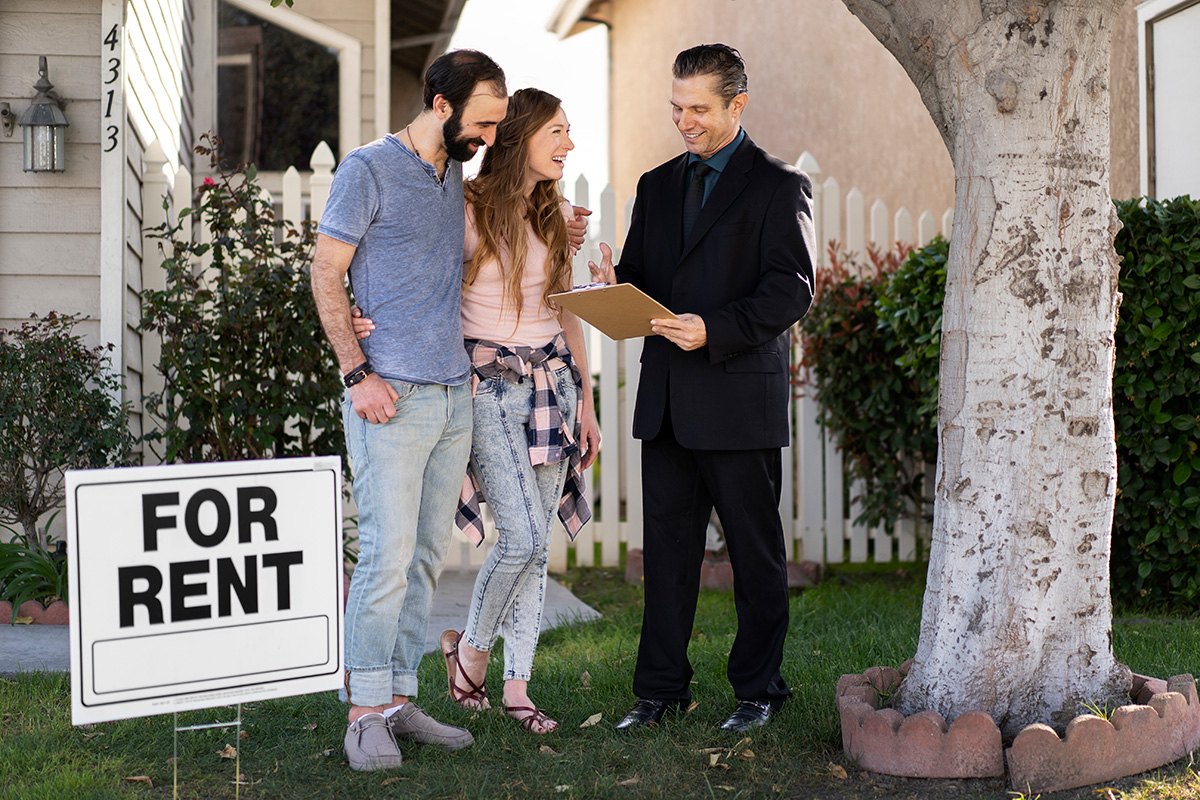
Buying vs. Renting: What Makes the Most Sense in 2025?
In today’s ever-shifting real estate market, the age-old question still stands: Is it better to rent or buy a home? While the answer often depends on personal circumstances, economic factors in 2025 are pushing more people to re-evaluate their housing decisions.
Table Of Content
- Why This Question Matters in 2025
- The Case for Buying a Home in 2025
- 1. Building Long-Term Wealth
- 2. Stabilized Monthly Costs
- 3. Freedom and Personalization
- 4. Tax Advantages
- The Case for Renting in 2025
- 1. Flexibility and Mobility
- 2. Lower Upfront Costs
- 3. No Maintenance Responsibilities
- 4. Access to Amenities
- Renting vs. Buying: Cost Comparison in 2025
- How the 2025 Market Influences Your Decision
- Key Questions to Ask Yourself
- Conclusion: What Makes the Most Sense for You in 2025?
Whether you’re a first-time buyer, long-time renter, or investor on the fence, this post will help you weigh the pros and cons of both choices in today’s unique market landscape.
Why This Question Matters in 2025

We’ve seen major shifts in the real estate market over the past few years. The COVID-era housing boom drove up home prices across the globe, and interest rates skyrocketed in the early 2020s to combat inflation. As of 2025, mortgage rates have slightly cooled, rental prices continue to climb in urban areas, and housing inventory remains tight in many regions.
Given these conditions, the “rent vs. buy” debate isn’t just about preference — it’s about strategy.
The Case for Buying a Home in 2025
1. Building Long-Term Wealth
Owning a home allows you to build equity over time. Instead of paying rent that disappears every month, your mortgage payments contribute to an asset you own. In 2025, with home values steadily appreciating in many markets, purchasing property remains one of the most effective long-term investments for individuals and families.
2. Stabilized Monthly Costs
While rent can increase annually (especially in high-demand cities), homeowners with fixed-rate mortgages can count on consistent monthly payments. This predictability is especially valuable in times of inflation or economic uncertainty.
3. Freedom and Personalization
Owning means you can customize your space without needing landlord approval — paint, renovate, landscape, or even build additions. It’s about making a house truly feel like home.
4. Tax Advantages
Homeowners often benefit from tax deductions on mortgage interest and property taxes (depending on your local tax laws). These deductions can reduce the overall cost of homeownership significantly.
The Case for Renting in 2025
1. Flexibility and Mobility

If you’re planning to relocate, test out a city, or change careers, renting offers the freedom to move without being tied to a mortgage or worrying about selling a property. In 2025’s remote-friendly job market, many professionals choose to remain flexible and mobile.
2. Lower Upfront Costs
Buying a home typically requires a down payment (usually 5%–20% of the home’s price), closing costs, and moving expenses. Renting, on the other hand, often just involves first and last month’s rent plus a security deposit — significantly less capital upfront.
3. No Maintenance Responsibilities
Home repairs and maintenance costs fall on landlords, not renters. This can be a big relief when it comes to surprise issues like roof leaks, plumbing problems, or appliance replacements.
4. Access to Amenities
Many rental properties — especially apartments and condos — offer amenities like pools, gyms, security, and concierge services. Owning a home with these features often comes with much higher costs.
Renting vs. Buying: Cost Comparison in 2025
Let’s look at a simplified comparison based on averages in mid-sized U.S. cities:
| Scenario | Renting | Buying |
|---|---|---|
| Monthly Payment | $2,200 (rent) | $2,600 (mortgage, tax, insurance) |
| Upfront Cost | $4,400 (2 months' rent) | $60,000 (down payment, closing) |
| Yearly Cost | ~$26,400 | ~$31,200 (excluding tax deductions) |
| Maintenance/Repairs | $0 (landlord covers) | ~$3,000/year avg |
| Equity Gained | $0 | ~$10,000/year (approximate) |
While buying may cost more upfront and month-to-month, the equity gained and long-term appreciation often make up for it — if you plan to stay in the property for 5+ years.
How the 2025 Market Influences Your Decision

- Mortgage Rates: While rates are still higher than the pre-2020s era, they’ve decreased from their 2023-2024 peaks. Locking in now might be wise before another economic shift.
- Rental Prices: In most cities, rental rates have increased faster than wages. This trend is expected to continue, making long-term renting potentially more expensive over time.
- Housing Supply: Inventory remains tight, making it a competitive market in many places. However, new construction is starting to pick up in suburban and secondary markets, offering opportunities for buyers willing to look outside major cities.
Key Questions to Ask Yourself
- How long do I plan to live in this area?
If it’s less than 3–5 years, renting may make more sense. - Do I have enough saved for a down payment and emergency fund?
Buying should not leave you financially strained. - Am I ready for the responsibilities of homeownership?
This includes maintenance, property taxes, and long-term commitment. - What’s my credit and debt situation?
Buying a home with poor credit may lead to higher interest rates or disqualification.
Conclusion: What Makes the Most Sense for You in 2025?
There is no one-size-fits-all answer. For those seeking long-term stability, equity growth, and a personal stake in their community, buying in 2025 — especially with falling interest rates — can be a wise financial decision. For others who value flexibility, lower upfront costs, or aren’t quite ready to commit, renting remains the better option.
The best move is an informed one. Speak with a real estate expert, evaluate your finances honestly, and align your decision with your lifestyle and long-term goals.


